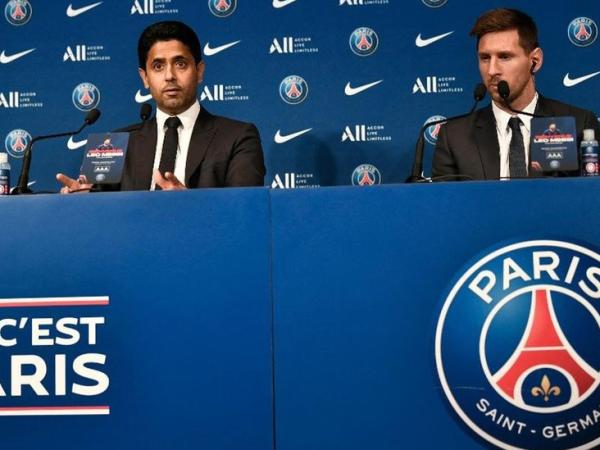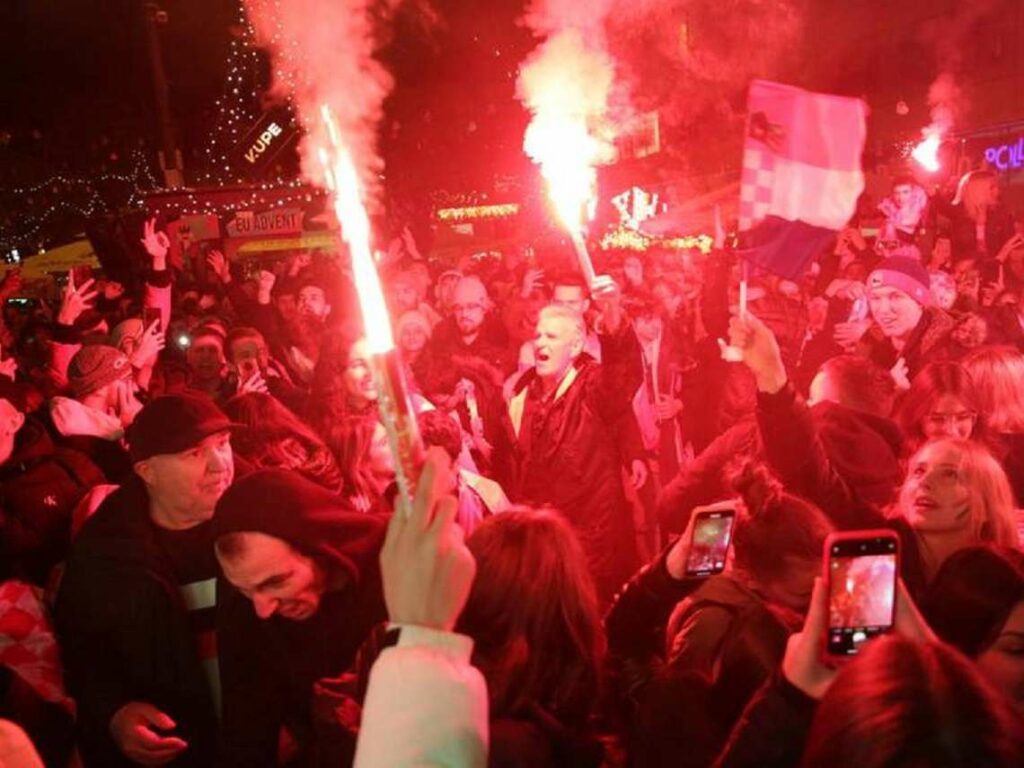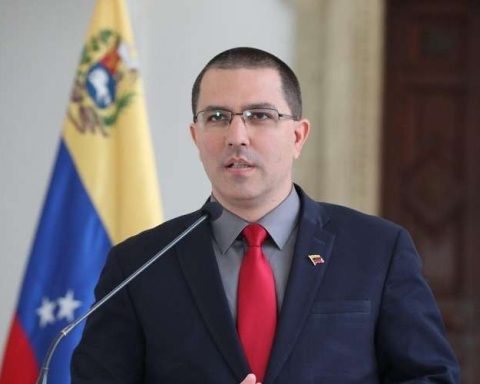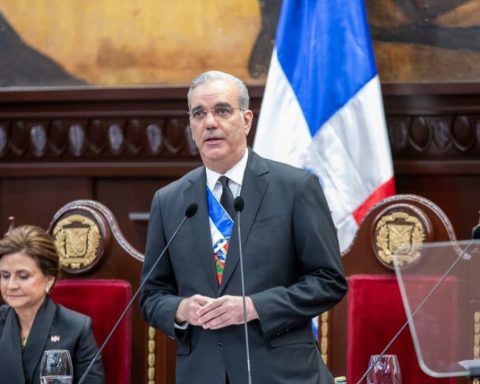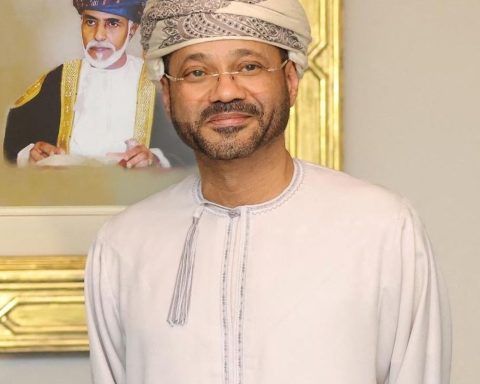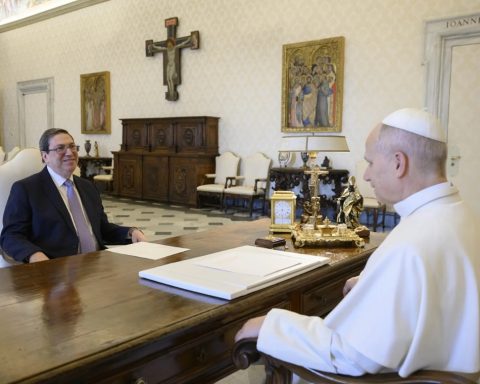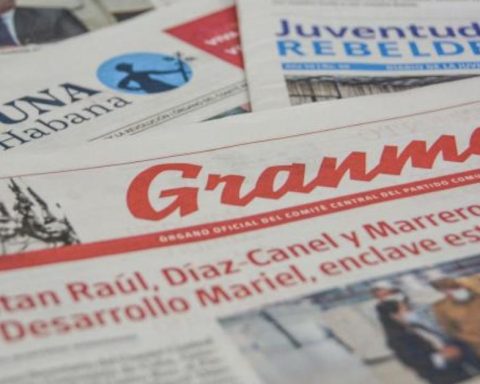While much of the world’s eyes followed the excitement of soccer at the World Cup in Qatar, this country reached a key pact with Germany that had nothing to do with sport.
The 15-year agreement, signed on November 29, calls for the shipment of up to 2 million tons of Qatari liquefied natural gas to the European power starting in 2026.
That was one of the latest signs that, despite criticism from Germany and its neighbors of hosting the World Cup in Qatar for its record on women’s rights, LGBTQ+ groups and immigrant workers, this country’s ties to Europe they go far beyond football and affect the lives of millions of people.
In fact, everything indicates that these ties tend to be strengthened by the war in Ukraine after the Russian invasion, although with the World Cup some Europeans questioned whether it is right to foster relations with a regime whose values seem contrary to theirs.
The ties between the country of the Persian Gulf and Europe go through various areas, but gas is at the center of them. Although Qatar is a small country, it has one of the largest natural gas reserves in the world. And it has important clients in Europe.
Since the war began in Ukraine and Russia reduced its shipments of natural gas to European countries that supported Kiev, they have sought alternative sources of that fluid, crucial for the functioning of their economies and heating their homes.
Qatar has thus gained relevance for Europe.
Germany, after its agreement with the state company Qatar Energy and with the participation of the multinational ConocoPhillips, expects that increasing quantities of Qatari gas will reach its city of Brunsbüttel, where one of the terminals is being built to replace shipments from Russia.
The UK, for its part, imports about half the gas it uses, most of it via pipeline from Norway. But Qatar is its second largest foreign supplier, supplying about 9% of its energy imports.
“In theory, that’s the amount needed to power the boilers of around a million British homes. In less than 20 years, Qatar has become a vital part of our energy matrix,” says Dharshini David, world trade correspondent. from the BBC.
And he points out that Britain’s dependence on Qatari gas could increase in the future, as London has fostered a relationship with Doha to ensure supplies as North Sea reserves dwindle.
In recent months, the United Kingdom has managed to reduce imports from Russia, which represent 4% of the total, making the gas it obtains from Qatar even more crucial.
This country is the majority owner of the South Hook terminal in Wales, where liquefied natural gas is unloaded in special containers. The Qatari government is investing millions to increase that capacity by a quarter by 2025.
By then, Qatar expects to double its liquefied natural gas production. And you will not lack customers.
“The European Union is much more dependent on Russian gas, so securing alternatives is even more urgent,” says David.
But he warns that the negotiations to increase the gas that the EU receives from Qatar – 5% of the total that the bloc obtains – have been complicated.
It is that Qatar prefers to supply gas with long-term agreements such as the one it signed with Germany, between 15 and 20 years, which may contrast with the decarbonization objectives in the West.
On the other hand, several Asian countries compete with Europe for supplies and energy security, with Qatar seen as a relatively reliable and geopolitically calm option.
The alternatives may not be attractive. For example, while part of the world’s largest gas field is in Qatari waters, the rest is in Iranian waters (the two countries produce gas independently).
Large European companies such as the French TotalEnergies and the Italian Eni reached agreements with Qatar Energy in recent months to increase gas production in that large field, for billions of dollars.
At the same time, Qatar has used its burgeoning gas wealth to invest in other countries and gain external influence far greater than the size of its territory.
In Europe, the main destination for Qatari investment has been the UK, according to representatives of both sides in recent years.
In all, the investment arm of the Qatari state has poured some £40bn (equivalent to about $48.5bn) into areas that affect millions of British lives.
And the UK government is willing to see those funds increase.
In May, then-British Prime Minister Boris Johnson announced a deal for Qatar to invest 10 billion pounds (about $12 billion) over the next five years in the country, in sectors ranging from life sciences to cybersecurity.
The Qatari authorities have cultivated relations with the upper echelons of the British establishment.
Qatari emir Tamim bin Hamad al Thani was one of the few Gulf leaders to attend Queen Elizabeth II’s funeral in September.
And the current King Charles III accepted a donation to his charitable foundation of more than 2 million pounds (about $2.4 million), part of which was allegedly delivered in bags by a former Qatari political leader in 2015.
In September, Qatar bought 24 fighter jets built in the English county of Lancashire, part of a 5 billion-pound (about $6 billion) deal with Britain’s BAE Systems.
The Qatari government is also one of the 12 largest British property owners.
His real estate empire includes iconic London landmarks such as the Shard skyscraper, Harrods luxury department store and the five-star Claridge’s hotel.
Qatar also has significant stakes in some of Britain’s biggest brands: every time someone does business at Barclays bank or uses London’s Heathrow airport, the Arab country benefits.
Despite all this – or perhaps because of it – some questions to the host of the World Cup seem to have caused discomfort.
After London’s transport authority banned Qatari tourism advertising on the city’s buses, taxis and underground trains due to concerns about human rights in the country, Qatar has decided to review its investments in the British capital, the Financial newspaper reported. Times at the end of November.
Qatar’s investment strategy in the UK is replicated on a smaller scale in other parts of Europe.
The country has an extraordinary tool for this: a sovereign wealth fund estimated at US$450 billion, managed by the Qatar Investment Authority (QIA).
France is the second largest destination for Qatari money in Europe, according to a recent study by the Franco-Qatari Economic Circle.
In total, Qatari assets in France are estimated to be around $26 billion.
In addition to the famous acquisition of the Paris Saint-Germain (PSG) soccer club by a QIA subsidiary, Qatar has bought shares in several French companies: from the Lagardère media group to the Printemps department store.
In Germany, it is estimated that Qatari investments exceed US$24 billion, and include stakes in the capital of large companies in the country such as Volkswagen, Deutsche Bank and Siemens.
When visiting Spain and meeting with local authorities in May, the emir of Qatar announced plans to invest some US$5 billion there, which would increase the Qatari capital placed in this European country by about 50%.
Different analysts point out that behind all this there is something more than the search for influence in the West.
Qatar has outlined a strategy to diversify its economy and make it less dependent on hydrocarbons. Your investments in different sectors of the global economy could help you in that regard.
The organization of the soccer World Cup this year also sought to attract attention and tourism to the country. But, with the controversy that it has generated, everything indicates that this is far from being its biggest bet to strengthen ties with Europe.
Remember that you can receive notifications from BBC Mundo. Download the new version of our app and activate them so you don’t miss out on our best content.
